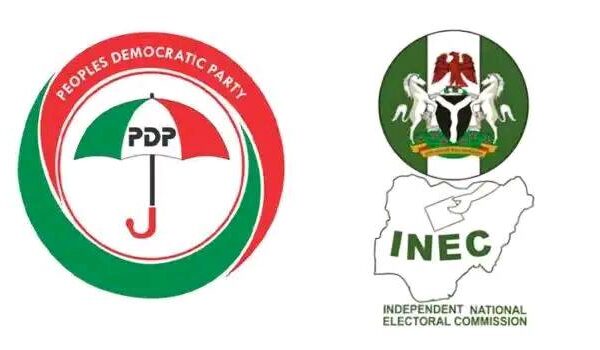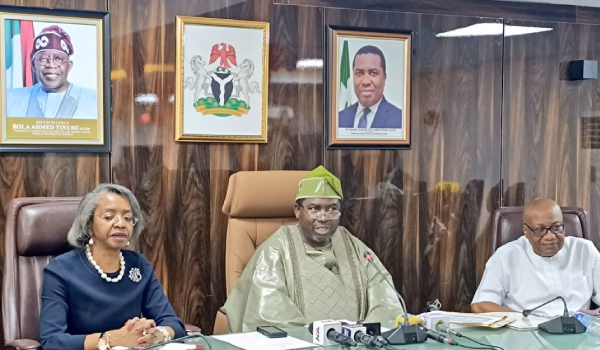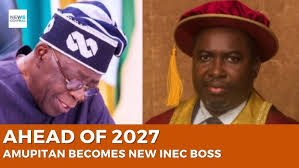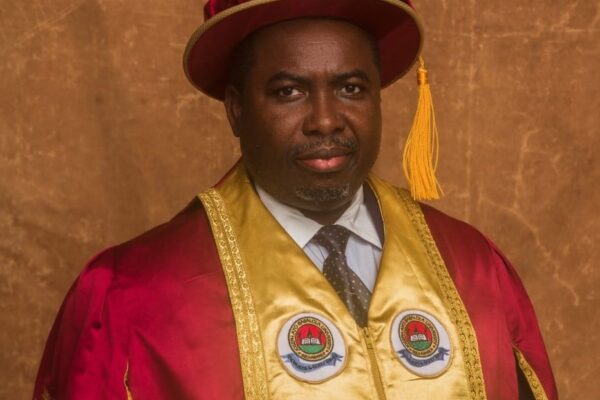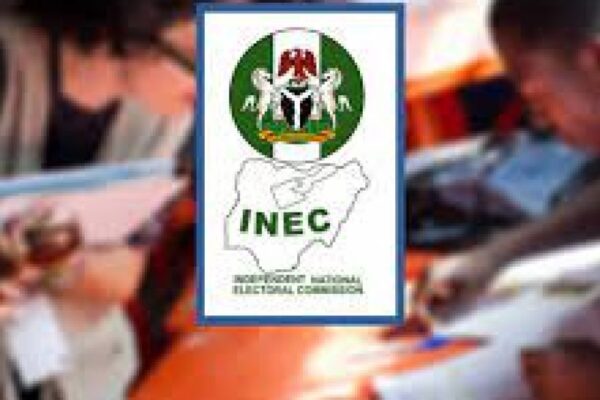
INEC Receives Over N1 Trillion In 2026 Budget Ahead Of 2027 Elections
The Independent National Electoral Commission (INEC) is set to receive N1,013,778,401,602 in the 2026 budget presented to the National Assembly by President Bola Ahmed Tinubu, marking one of the largest allocations in the commission’s history. The funding comes as Nigeria prepares for the 2027 general elections. The details were released in the 2026 Appropriation Bill by the Budget Office of the Federation, which proposes a total budget of N58.18 trillion, with projected revenue of N34.33 trillion and expenditure including N15.52 trillion for debt servicing. The budget has been dubbed the “Budget of Consolidation, Renewed Resilience and Shared Prosperity.” INEC has long stressed the importance of sufficient funding to conduct credible elections. The new allocation will be critical in covering the extensive logistics required for nationwide polls, including technology procurement, voter education, and staff deployment. Section 3(3) of the Electoral Act 2022 mandates that election funds must be released at least one year before the polls. In recent years, election budgets have risen significantly. The National Assembly approved an increase for INEC in 2025, raising its budget to N140 billion from an initial N40 billion proposal. The 2023 general elections cost N313.4 billion, though only part of the approved N355 billion had been released by September 2023. In comparison, the 2019 elections cost N143 billion, while the 2015 elections were conducted at N108.8 billion. Professor Bolade Eyinla, former Chief Technical Adviser to INEC Chairman Mahmood Yakubu, projected that the 2027 elections could cost around N870 billion (about US$600 million). Speaking at a Yiaga Africa 2027 Elections Scenarios and Election Manipulation Risk Index retreat in Abuja, Eyinla described Nigeria’s elections as among the largest peacetime civil operations, requiring significant financial, technological, and logistical resources. The projected costs reflect the scale of the upcoming polls, with over 93 million registered voters, 176,846 polling units, and 1,558 electoral constituencies. After accounting for inflation and operational expansion, the estimated N870 billion is considered realistic. On a per-voter basis, this amounts to roughly US$6.72, within international norms for transitional democracies. Eyinla compared Nigeria’s election costs with other countries, noting that Kenya’s cost per voter was US$25.9 in 2017 and US$14.9 in 2022; Ghana’s was US$13.1 in 2016 and US$7.7 in 2020; South Africa’s was US$5.1 in 2019 and US$7.1 in 2024; the Democratic Republic of Congo spent US$22 and US$14.37 per voter in 2023; Liberia’s cost was US$22 per voter in 2023; and India’s 2019 election cost US$8.5 per voter. “Given the current economic conditions, inflation, and consumer price trends, conducting the 2027 general election is projected to require about US$600 million (roughly N870 billion), assuming INEC manages its resources efficiently,” Eyinla said.


